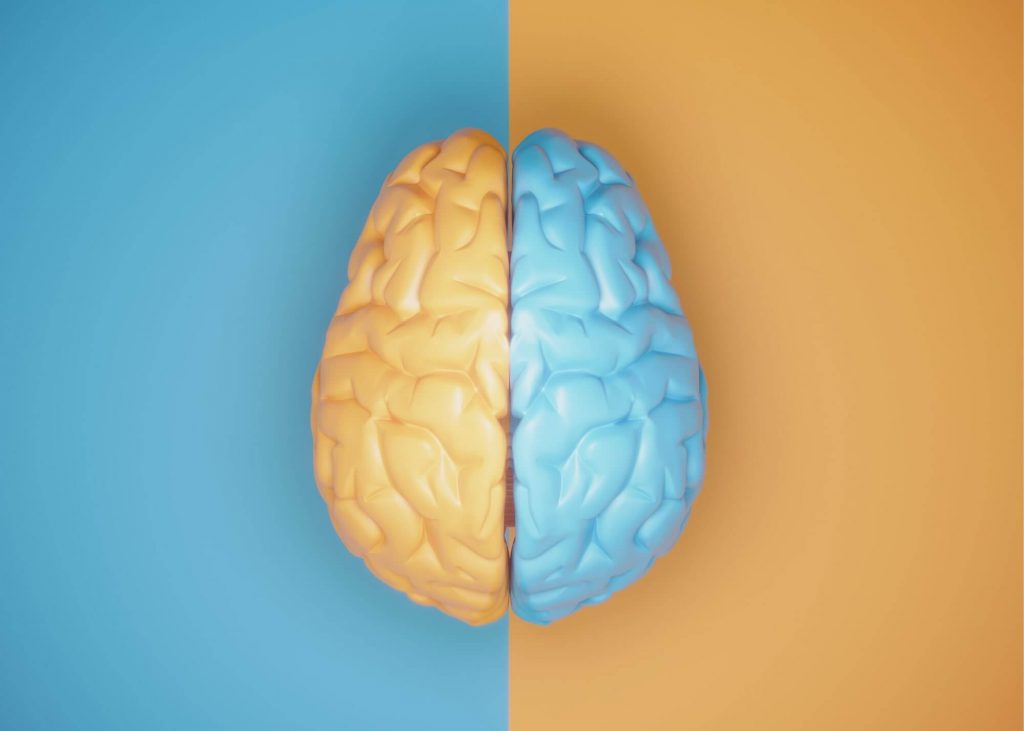Neuroplasticity 101: How Intellectual Stimulation Helps Prevent Cognitive Decline
Activities like reading or learning something new aren’t just intellectually stimulating—they stimulate the physical brain, too, spurring neurons to rewire themselves, strengthening existing pathways and building new ones. This process, called neuroplasticity, may help prevent cognitive decline and dementia.

Unlike many other parts of the body, the brain changes over time, reorganizing its connections in response to our experiences. When we engage in intellectually stimulating activities, like reading, or playing certain games, the physical brain is stimulated too, spurring neurons to action to strengthen existing pathways or build new ones. This powerful mechanism—called neuroplasticity—allows the brain to develop new pathways after a brain injury, for example, restoring language or movement after a stroke.
Think of a large city where buildings are connected by roads and other transport infrastructure. Everyday, you take the same pathway to work. But what happens if your car breaks down or there’s a road closure? You respond by taking another method of transport, or another route, to reach the destination. In the brain, neurons respond to these unforeseen circumstances by rerouting their connections so information from one part of the brain can still travel where it needs to go.
But neuroplasticity is more than overcoming roadblocks: it also involves strengthening important pathways and improving different cognitive skills. Now, scientists are taking a closer look at this process, exploring how it might explain why activities like reading improve memory, lower the risk of dementia, and slow down cognitive decline.
Stimulating the brain, slowing cognitive decline
A 2020 study published in JAMA Neurology found that cognitive enrichment at an early age—like school and additional educational programs—reduced the chance of cognitive decline or Alzheimer’s later in life. Starting enrichment activities early on may also build up the brain’s cognitive reserve, which helps buffer brain damage and disease pathology later in life.
Another study found a substantial link between literacy and brain health: People who couldn’t read were three times as likely to develop dementia. Dr. Miguel Arce, a research scientist at Columbia University Vagelos College of Physicians and Surgeons, who worked on the study, highlighted the significance of these findings in light of racial disparities in education.
“Specifically, we were looking at illiteracy and seeing how that relates back to dementia risk as well as changes to cognition over time,” Arce told Being Patient. “We decided to focus on that, given there’s been quite a bit of research showing that years of education can seem to be protective, to reduce your dementia risk. But it was unclear, if even just acquiring the ability to read and write, if that could bring some kind of benefit.”
Even taking up enriching activities later in life proves beneficial: Reading every day into old age was associated with a 30-percent reduction in memory decline over the course of five years. In addition to promoting cognitive health, reading also builds empathy and provides significant stress relief.
Powering plasticity with video games
While the benefits of education and reading are well established, many companies are promoting video games to improve brain health. While activities like reading engage many different areas of the brain, some specialized brain training games don’t lead to generalizable effects on the rest of the brain. Playing consistently will ensure higher scores in the brain games, but it won’t meaningfully improve your ability to do anything else.
Curiously, video games that aren’t explicitly designed to boost brain health—like Super Mario Brothers or Half Life—may have a positive impact for the same reason that reading does. These video games can improve mental health, reduce anxiety and depression, and engage your problem solving skills. This provides plenty of enrichment and opportunities for the brain to strengthen and build new connections. However, more research is required to understand how these games rewire the brain.
Activities that are intellectually enriching—whether they’re learning, reading or video games—help the brain build new connections and strengthen old ones through neuroplasticity. These connections can help buffer cognitive decline and memory loss by giving the brain alternate routes to move information from one part of the brain to the next.
To learn about clinical trials of new medications that aim to modify the pathology of Alzheimer’s disease, call Charter Research at 407-337-1000 (Orlando) or 352-775-1000 (The Villages).
